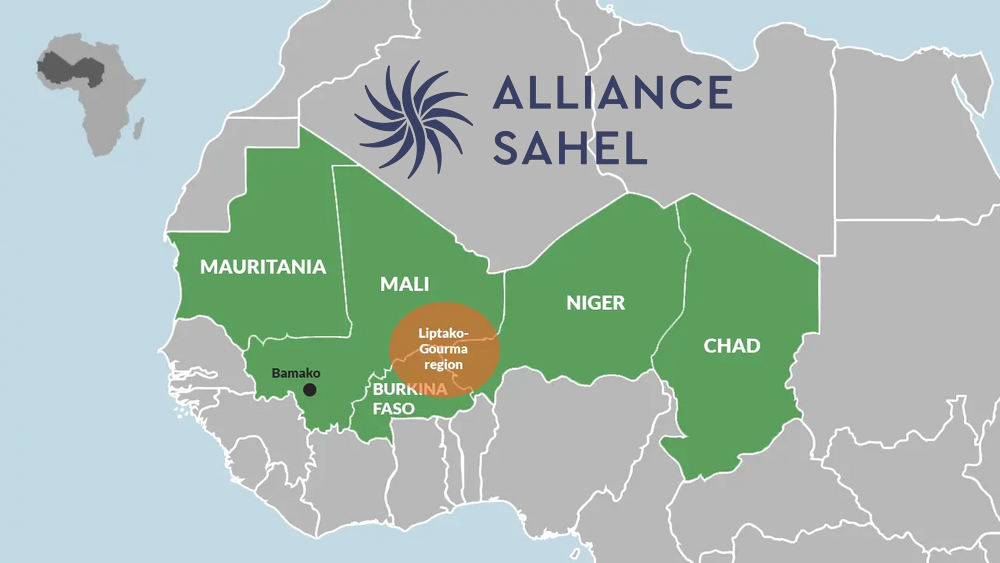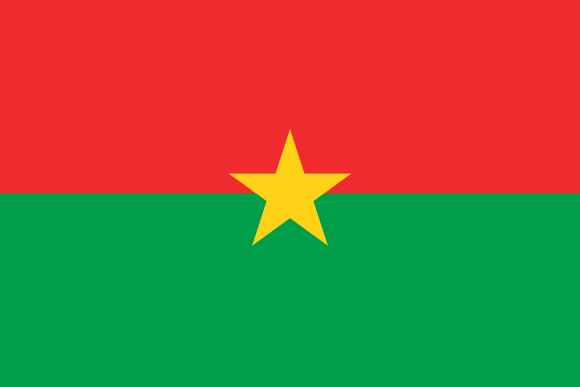
- The military regimes, however, view these actions as attempts to reassert Western dominance and undermine their sovereignty.
- In response to the ongoing threats from Western countries, the military regimes of Mali, Burkina Faso, and Niger formed an economic and military alliance, joined by Mauritania and Chad later.
- The Sahel Alliance’s formation underscores the desire of these countries to assert their sovereignty and manage their affairs independently of Western influence.
Africa is a continent of great potential, but this potential is accompanied by significant instability. One region of particular concern is the Sahel. The Sahel region of Africa is rich in natural resources, including minerals, precious stones, and oil. However, despite these resources, the countries in this region face considerable uncertainty. This uncertainty is not only political and economic but also threatens the very existence of the state.
Impact of Military Coups in Mali, Niger, and Burkina Faso
This phenomenon is not confined to a single country; it affects much of the continent, from west to east. Notably, three countries that have been significantly impacted are Mali, Niger, and Burkina Faso. The situation in the Sahel region has become particularly interesting due to a common phenomenon witnessed in these three countries: military coups in the past two years. These coups have a common thread: a reaction against governments perceived to be heavily influenced by former colonial powers, specifically France.
Economic Exploitation and Military Reactions
The military in these countries believes that their current governments maintain extensive collaboration with France, which they argue is detrimental to their nations. Despite being rich in natural resources, these countries see their wealth predominantly controlled by French companies, which make significant profits while leaving only a minuscule amount for the local populations.
In 2022, the Prime Minister of Italy highlighted how France was directing money out of countries like Burkina Faso, further exacerbating economic exploitation. The French presence in Mali and Burkina Faso has been substantial, often justified under the pretext of fighting terrorism. However, the military in these countries contends that this presence is more about maintaining France’s access to resources and political influence rather than genuinely combating terrorism.
This resentment has fueled the coups, with the military leaders asserting that they are acting in the best interests of their nations to reclaim economic and political autonomy from France. The continued exploitation and marginalization of local populations have driven the military to take action, aiming to redirect the benefits of their natural resources back to their people.
The situation in Mali, Burkina Faso, and Niger extends beyond the recent military coups. These coups have provoked responses from regional organizations, particularly the Economic Community of West African States (ECOWAS). The militaries of these three countries argue that ECOWAS is a Western-inspired organization that does not serve the interests of African countries but rather those of European and American businesses.
In response to the coups, ECOWAS has threatened not only to suspend Burkina Faso from the organization but also to consider military interventions to restore democracy. This stance has been perceived by the military regimes in these countries as an external invasion aimed at undermining their sovereignty and maintaining Western influence.
The military leaders in Mali, Burkina Faso, and Niger view these potential interventions as attempts to overthrow their regimes and reinstate governments that align more closely with Western interests. They believe that their coups are necessary to reclaim economic and political control from foreign powers and to establish governance that genuinely serves their populations.
Geopolitical Dynamics and Russian Involvement
The ongoing conflict between the military regimes in Mali, Burkina Faso, and Niger involves more than just domestic issues; it is also deeply tied to geopolitical dynamics. European countries and the United States believe that these military regimes are being supported by Russia, including the Russian private military group Wagner. They suspect that Russia is using these regimes as proxies to expand its influence in the region.
In response, Western countries, particularly the United States, have been advocating for the removal of these military regimes and the restoration of democratic governments. They argue that the previous governments were more aligned with Western interests and policies.

Formation of the Sahel Alliance
The military regimes, however, view these actions as attempts to reassert Western dominance and undermine their sovereignty. They argue that their takeovers are necessary to protect their countries’ independence and to redirect their resources and policies for the benefit of their populations rather than foreign interests.
In response to the ongoing threats from Western countries, the military regimes of Mali, Burkina Faso, and Niger have formed an economic and military alliance. This alliance includes a single political head whose presidency will rotate annually, a common currency, and a unified military force. This new bloc, known as the Sahel Alliance, was officially formed last week, leading to their withdrawal from ECOWAS.
This development is significant in geopolitical terms. The Sahel Alliance’s formation underscores the desire of these countries to assert their sovereignty and manage their affairs independently of Western influence. The crucial point is that the people of Mali, Burkina Faso, and Niger should have a say in their governance. Whether they choose military rule or democracy, it should be based on what best suits their interests and preserves their sovereignty. The participation of Western countries should not dictate the political future of these nations.
Aayush Pal is a freelance writer on contemporary geopolitical developments. The views expressed in his work are entirely his own.
